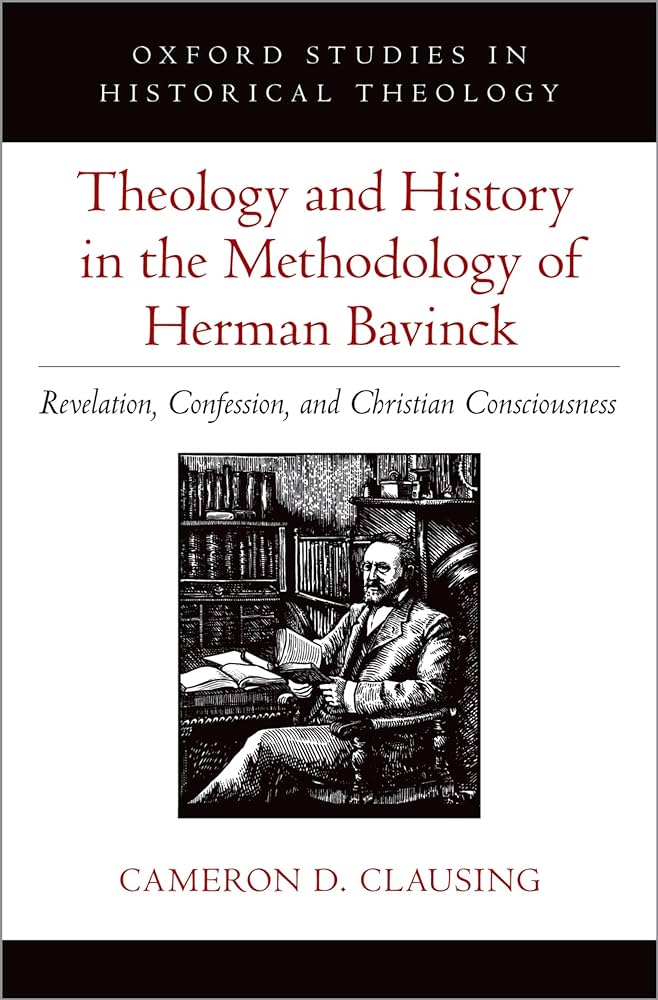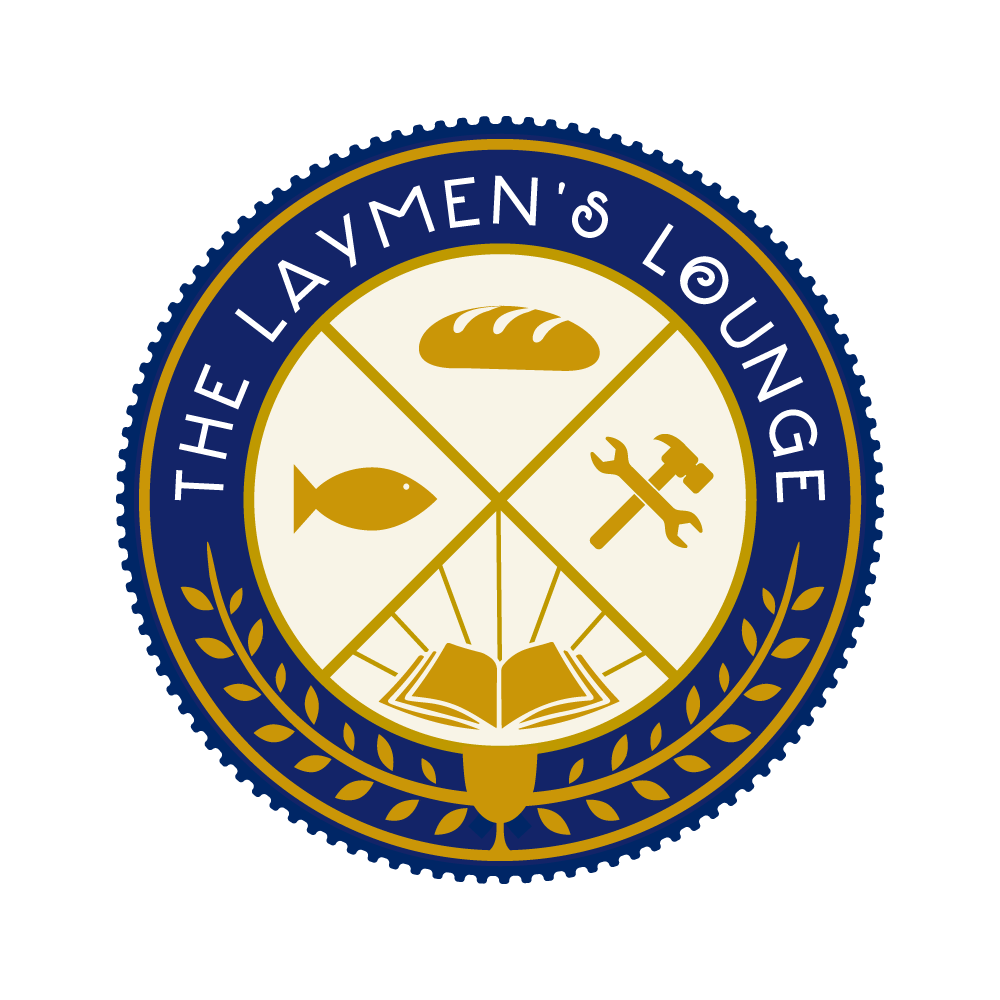by Charles Ivey

Clausing, Cameron D. Theology and History in the Methodology of Herman Bavinck: Revelation, Confession, and Christian Consciousness. New York: Oxford University Press, 2023. 264 pp. $110.00.
Introduction
How did the great Neo-Calvinist theologian Herman Bavinck view and interact with church history? Cameron Clausing’s Theology and History in the Methodology of Herman Bavinck is a weighty and vital contribution to the discussion around this question. He quickly gets to Bavinck’s historical background in the Netherlands and addresses the now debunked “Two Bavincks” hypothesis.
Head, Heart, and Hands
Believers in every era have had to wrestle with the proper balance of head, heart, and hands or thinking, feeling, and doing. I was pleased to see Clausing address the ways that Bavinck examined this issue. Bavinck was an interesting mix of “orthodox yet modern.” In his estimation, Kant’s religion boiled down to morality, Schleiermacher’s was about feeling, and Hegel’s was knowledge. As Clausing puts it, the modernists “had forced a reduction of religion to either doing, feeling, or knowing (67).” Bavinck recognized that the Christian confession of religion must not merely be “something” but “everything in life.”
History vs. Historicism
For Bavinck, the discipline of theology must begin with theology, an idea which many will find obvious. Unfortunately, modernists tended to discount or reject what Clausing calls “the theological character of theology … (80.)” Bavinck departed from the modernists in his commitment to grounding theology in revelation, specifically, God’s special revelation in Scripture.
Clausing notes more than once in the first two chapters that Schleiermacher characterized dogmatic theology as merely “a snapshot of what the church believes at a particular time and in a particular place (94).” He rightly points out that this conflation of dogmatics with historical theology would have to mean that doctrines such as the Trinity should have been updated. If Schleiermacher was right, we cannot speak definitively about what God has revealed. Bavinck recognized the modernist move towards re-envisioning or rejecting the doctrine of the Trinity as doomed to failure because they were engaging in “useless speculation” rather than what the church taught in light of Scripture (94-95.)
The Scriptures, Confessions, and Dogmatics
Clausing gives ample attention to how Bavinck worked out the relationship between Scripture and Confessions. Bavinck wrote that “Scripture is not a fountain out of which one scoops water. It is not a law book full of articles that one only needs to look up (139).” His point seems to be that while dogmatics must be grounded in Scripture, it does not follow that the Bible is merely the source for dogmatics. Put another way, dogmatics are in service to the Scripture, not the other way around.
Bavinck interacted with Aquinas but avoided following him lock-step. Contra Rome, he recognized that while the church is the body of Christ, the church is not infallible. The Reformation was just that, a reformation, and not revolution or outright rejection of tradition in and of itself. As Clausing rightly puts it, “Confession bears some authority, yet only Scripture can bind the conscience (146).”
Clausing then lays out a nice summary of Bavinck’s views on the proper relationship between the church and Scripture as 3 interconnected threads (146.) First is the work of the Holy Spirit, specifically in producing “exegetical humility” in the theologian. Next, there is trustworthiness of Scripture. Finally, is the clarity of Scripture. I found it interesting and encouraging that Bavinck’s emphasis is squarely on God’s revealed Word in Scripture.
Clausing later returns to the question of dogmatics in Bavinck’s thinking. Scripture, “contains the material for the construction of dogmas, but not the dogmas themselves (157).” To be clear, Bavinck would affirm that “the material for Trinitarian theology is in Scripture” and “Everything necessary for the construction of the doctrine of the Trinity is in Scripture …” That being said, Bavinck was making an important point to keep in mind. Critics of the Bible have pointed out that there is no “Epistle on the Doctrine of the Trinity”, much less a specific chapter and verse. Bavinck’s theological method was developed “in a robustly catholic context, utilizing the broader tradition to construct his theological positions.”
Cameron Clausing’s Theology and History in the Methodology of Herman Bavinck is an important contribution to the growing body of Neo-Calvinist scholarship. As he lays out, Bavinck was not what many today would call a “Biblicist” in the negative sense. Herman Bavinck strove for a rigorous catholicity, keeping confessions and dogmatics grounded in and subservient to the ultimate authority of Scripture. Recommended.


